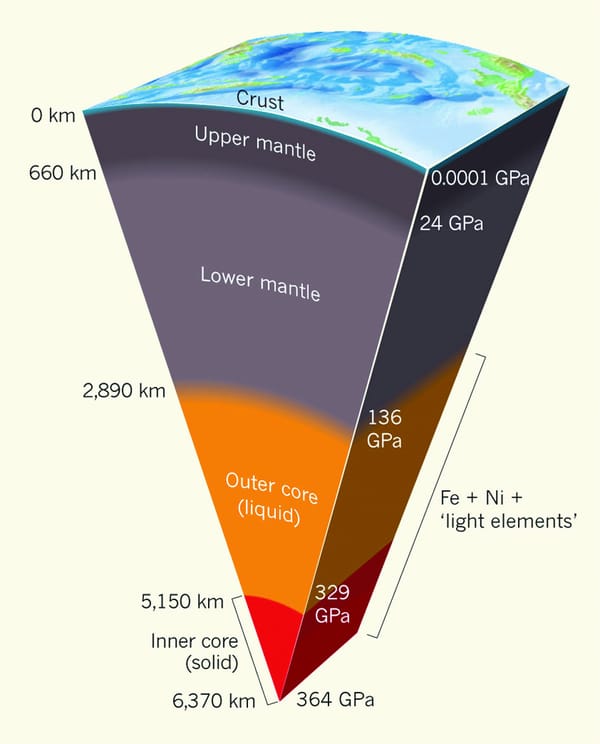Graphene makes inkjet printer electronics a possibilty
Graphene based printers could print transistors
Graphene is a unique material consisting of single layer of carbon atoms bonded in a hexagonal pattern. As the thinnest and most conductive material ever discovered it has countless possible applications in electronics. Research into the material is progressing quickly, with the government setting aside £50m for this purpose earlier this year.
Now a group of engineers from Cambridge University have announced that they have managed to produce a graphene based transistor using an inkjet printer. Writing in a paper published last month on arXiv.org, a pre-print repository, the team describe how the performance of their transistors is broadly comparable to that of traditional semiconductor transistors.
The ink for this process was produced by using the solvent N-Methylpyrrolidone (NMP) to strip off single layers of graphene from a block of graphite in a process known as liquid phase exfoliation. While other solvents could have been used, NMP was chosen since it stops flakes of graphene in an ink droplet becoming concentrated around its perimeter as it dries on a surface – a phenomenon which is known as the ‘coffee ring effect’ and which is highly detrimental to the function of electronics produced in this fashion. A centrifuge was then used to remove graphene flakes with a diameter of more than one micrometer, which might have blocked the printer nozzle, and the quality of the ink was assessed using spectroscopy and transmission electron microscopy. A modified desktop printer was used to print a transistor onto a surface which was coated with hexamethyldisilazane (HMDS) to further reduce the “coffee ring effect”. The printer was first tested by producing dot based patterns before moving on to attempt a transistor.
While inkjet printers have already been used to produce conventional complementary metal-oxide-semiconductor transistors these have proved, unlike those created by the Cambridge team, to operate far too slowly to be of any practical use. Graphene based electronics are still far more expensive than their conventional counterparts, but the use of simple inkjet technology promises massive reductions in price.
The wide range of surfaces on which transistors can be printed and the fact that graphene ink is transparent also opens up a wide range of possibilities. The team says that their work “paves the way to all-printed, flexible and transparent graphene devices on arbitrary substrate” and foresees it being used in the production of “touch screens, electronic paper (e-paper), sensors, radio frequency tags, photovoltaic cells, and electronic textiles”.





